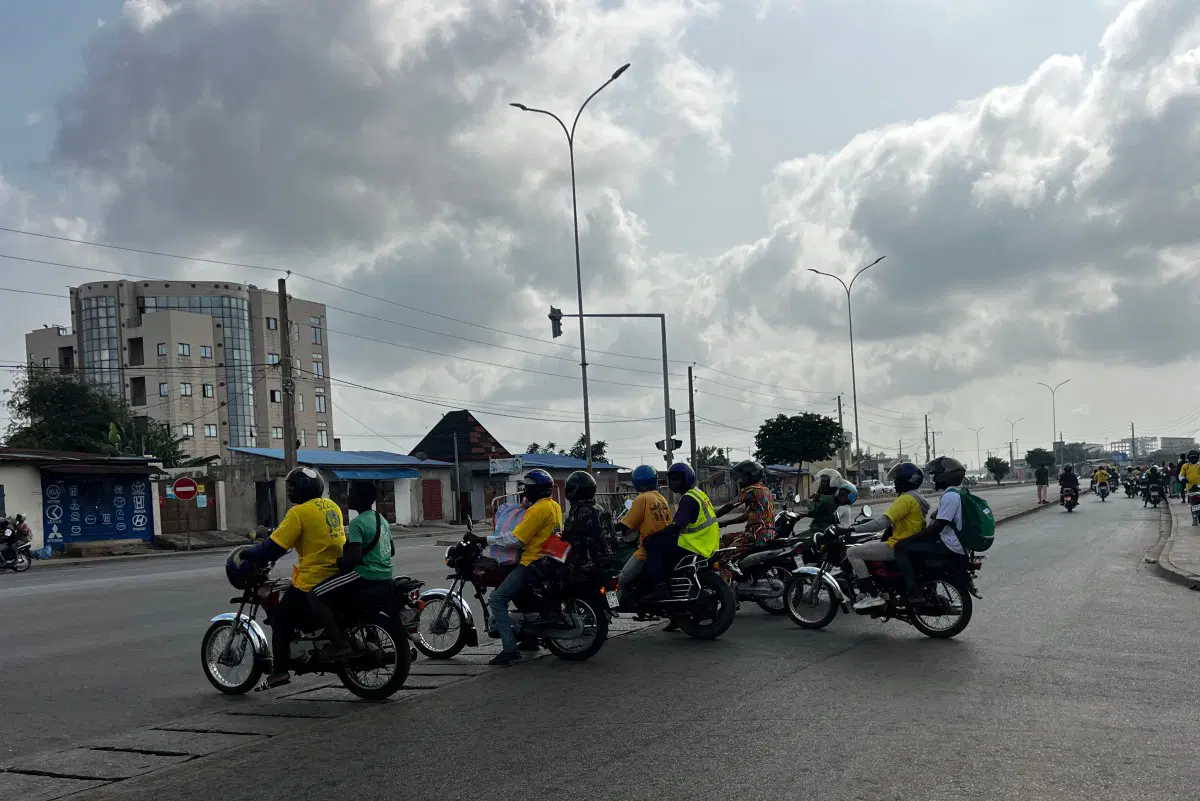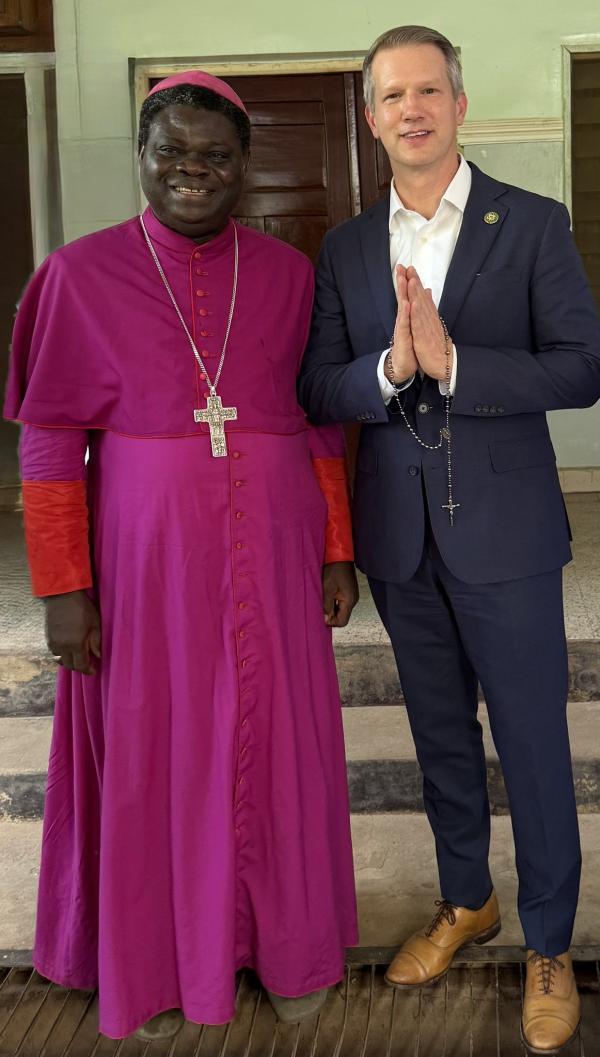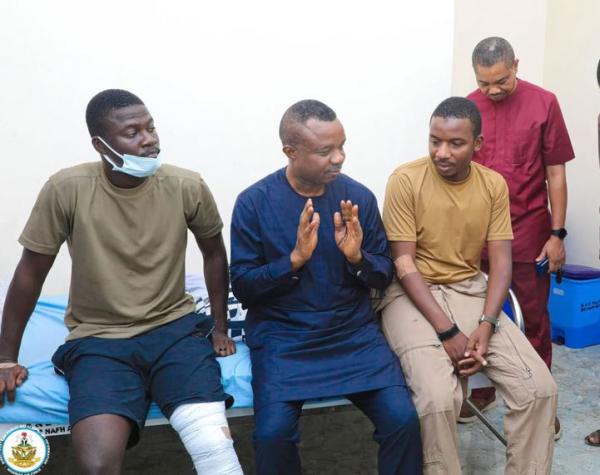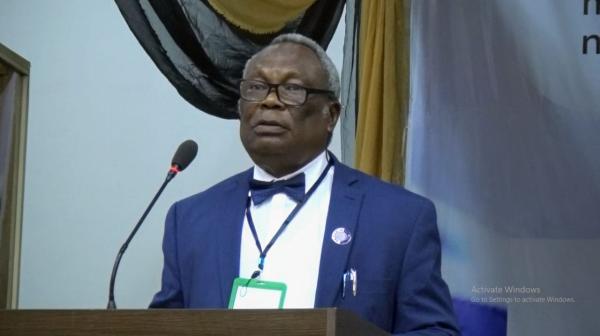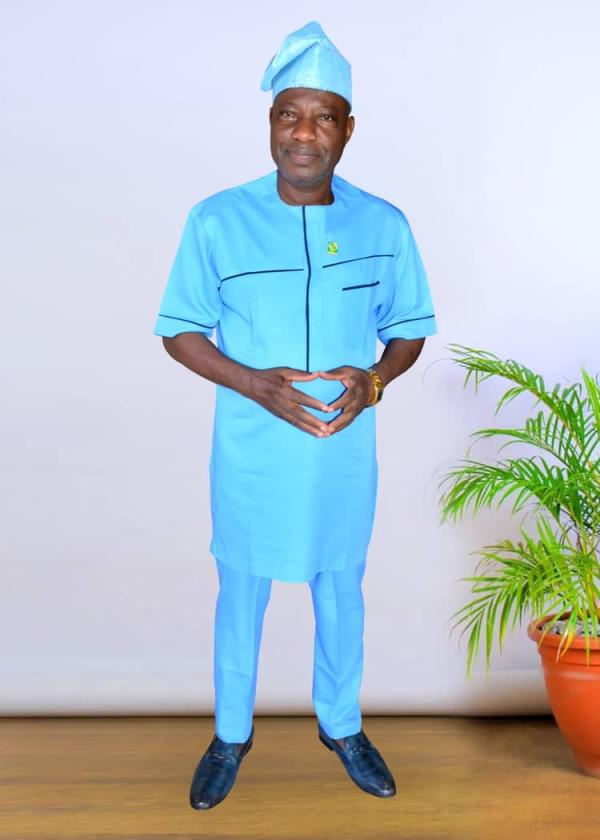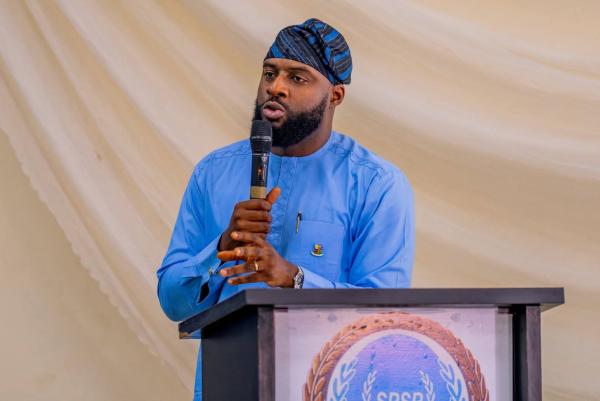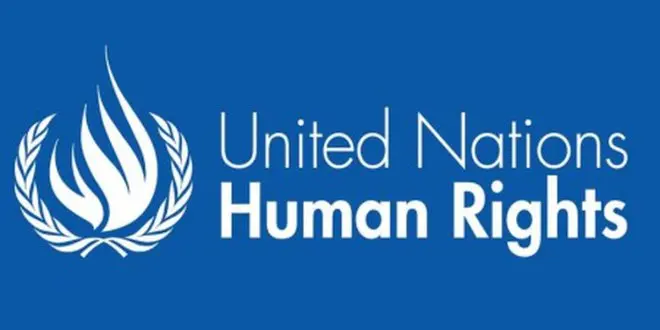
ANOTHER indicator that Nigeria is not exactly smelling of roses on the global stage emerged on October 14, 2023 when we lost out in our bid to secure a seat at the prestigious United Nations Human Rights Council, UNHRC. Nigeria got only three votes, while fellow African nations like Ghana, Malawi and Cote d’Ivoire amassed 197, 182 and 181 respectively as new members.
The UNHRC, which was created in 2006, consists of 47 member-states which are elected by secret ballot by the General Assembly. Human rights climbed to the top of the United Nations’ agenda as a result of the globalisation phenomenon when technology reduced the world to a global village. It is meant to bring the protection of the rights of persons to a level playing field and universal set of standards irrespective of the countries they belong to.
Nigeria’s poor score and rejection puts her at the level of pariah or semi-pariah states, such as China, Russia, North Korea, Venezuela and others. After 16 years of democracy, human rights started taking severe beatings as from 2015 when Muhammadu Buhari assumed power.
During that regime, state agencies of coercion regularly massacred unarmed protesters. Top among these were the killing and burial of 347 Shiite Muslim followers of Sheikh Ibrahim el Zakzaky in Zaria in 2016, several massacres of unarmed Biafra protesters in Aba and elsewhere, the invasion and killing of many in IPOB leader, Mazi Nnamdi Kanu’s home at Afaraukwu, Umuahia and the killing of some Yoruba Nation activists in Ibadan by security operatives.
Perhaps the most prominent human rights violations that attracted severe denigration of Nigeria’s image were the Lekki Toll Gate killings of unknown number of unarmed #EndSARS protesters on October 20, 2020 in Lagos, and the illegal rendition of Nnamdi Kanu from Kenya in June 2021. The UNHCR set up an International Working Group which declared the Nigerian government’s action as illegal and ordered Kanu’s unconditional release in July 2022. The Federal Government has ignored the order to this day.
The 2023 general elections, especially the presidential election, was also a bad marker for Nigeria. Most independent observers, especially the European Union which co-funded it and performed a six-month forensic observation mission, discredited the election. Our Judiciary is generally seen as a “cash and carry” sector.
These misbehaviours by the Nigerian authorities have pushed Nigeria to the fringes of global reckoning. They also mirror the general failure outlook of the country. What an irony that our government volunteered to lead ECOWAS to restore democracy and human rights in Niger Republic! But, like a typical military government, the state has little regard to our democratic tenets and human rights.
Unless we pick ourselves up from the unenviable position we put ourselves in, our international alienation will worsen.












